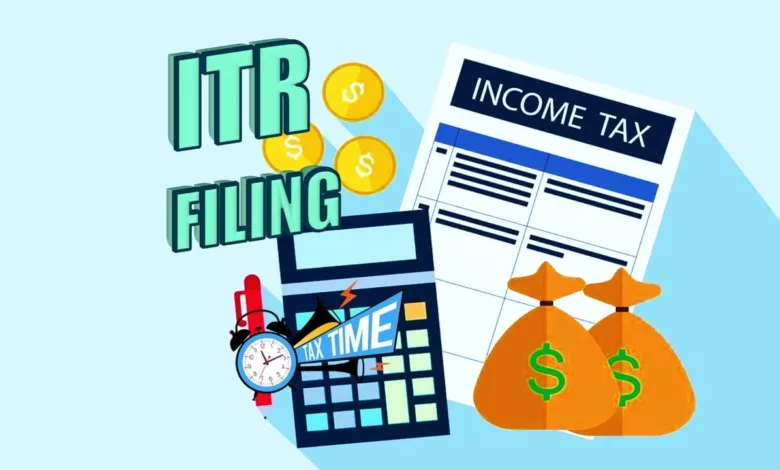As per the Definition referred by RBI, a bond is a debt instrument in which an investor loans money to an entity (typically corporate or government) that borrows the funds for a defined period of time at a variable or fixed interest rate. Bonds are used by companies, municipalities, states and sovereign governments to raise money to finance a range of projects and activities. Owners of bonds generally contain debt holders, or creditors, of the issuer.
Types of Bonds in India
There are different types of bonds available in the Indian debt market. To get an in-depth idea about those bonds you can refer to this post.
Types of the bond issuer
As mentioned in the definition of bond, it is issued by the government and corporations to raise capital in form of debt. In India, bonds are issued by public sector companies that are directly working under the control of the government. Bonds are also issued by municipal corporations in India, to finance their expenditure in their locality. And if we talk about government bonds, then these all are issued by the Reserve Bank of India on behalf of the state government and on behalf of the central government. Private sector companies such as TATA Capital, L&T Finance, TATA Steel etc. also raise capital for their business purpose and generally, these are called Non Convertible Debentures. Apart from government and corporate, Banks also issues bonds for capital requirement purpose.
Types of Bond issue
There are two types of bond issue a) Public issue of Bonds b) Non Public issue of Bonds
Public Issue of Bonds
While talking about the public issue, it is clear that this issue is available for the public to invest. Usually, government bonds are issued to the public with the motive of giving people the opportunity to invest through various ways narrated by the RBI. In case of corporate bonds, it is issued to the public by taking permission from SEBI, which is the capital market regulator in India. Without taking permission from SEBI no corporate can raise capital by issuing bonds in public.
Non Public Issue of Bonds
Generally, these are issued in form of private placement by the corporate sector in India. These issues are made to a defined person as per the company’s approval.
How to invest in bonds?
There are many ways to invest in government bonds and in corporate bonds. If we talk about the best way to invest in bonds, then it is the Mutual Fund route that provides us more liquidity compared to direct investment. But the main issue here is that we can’t decide in which company to invest or divest. Also, we have to pay an expense ratio that can make our earrings to go low compared to direct investment in bonds.
Now, let us talk about how we can invest in bonds directly without going through the mutual fund's route. After my extensive research on the bond market in India, I came to know about some other ways to invest in bonds directly which are as follows.
Government Bonds
If you are planning to invest in government bonds, then you can invest here directly by using the exchanges route. NSE and BSE have come up with a way to invest in government bonds directly by using their platform, known as NSE Gobid and BSE Direct. By using NSE Gobid and BSE Direct, we can easily invest in government bonds in Demat form. Apart from using these platforms, we can also invest through the secondary market by placing our order on stock exchanges just like regular stock buying and through intermediaries, who works as a broker for the existing holders of bonds.
Corporate Bonds
For corporate bond investment, first, we can invest through Initial Public Offering, which is called debt IPO and second through the secondary market by placing buying orders on NSE and BSE through intermediaries who works as a broker for the existing holders of bonds.
If you have any doubt about the bond market then comment with your question below. You can also follow us on our YouTube channel where we post videos related to the bond market in simple Hindi.











